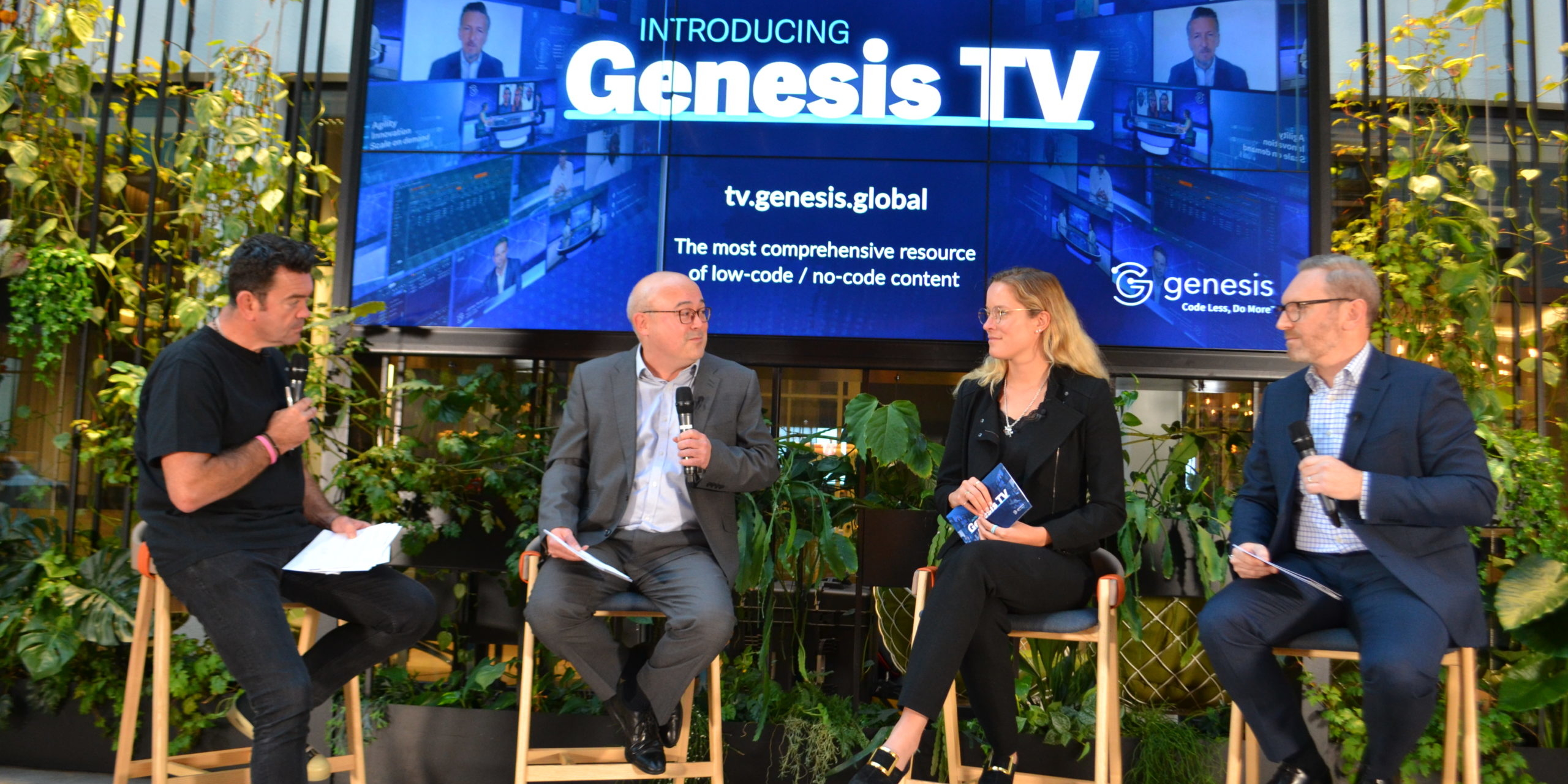Firms might still be adapting to the new world of remote working and learning, but have they thought about what comes next? Explore how it’ll shape our connection to the workplace – and the effect it’ll have on our gradual return to the office.
The world of work has changed. So, where next?
With the world steadily emerging from lockdown, many people are still swapping their cubicles for spare bedrooms and logging on to work from home. And, as firms figure out potential routes back to the office, there’s a good chance the situation will remain unchanged for months to come.
For some, the switch is an extreme extension of a remote-working policy their employers already had in place before the COVID-19 outbreak. For others, it was a huge shock to find the centre of their work universe suddenly out of bounds. The sheer speed of the change took even the more technologically mature organisations by surprise. Firms around the world were forced to adapt, exploring new ways to keep their operations running as smoothly as possible.
The challenge now, however, is to take a longer-term view. Just as it has changed mindsets around handwashing and hygiene, the crisis will have a lasting impact on the future of business. Firms have to be ready not just for a possible second wave of the virus but also the likelihood that our approach to working and learning will never truly go back to how it was.
The need for remote working is shaping the future of business
The first major shift that took place for firms when lockdown began was the realisation that they needed to move from business continuity planning (BCP) to business as usual (BAU). With no clear idea of when people would be able to leave their homes safely, firms had to change the way they viewed the world of work.
The result of that shift is that managing remote teams is no longer seen as a temporary obstacle to overcome; it’s a new baseline for how people operate. Those who saw remote working as a niche activity have had to play catch-up as they worked out how to scale-up their mobile processes in a way that’s sustainable for the foreseeable future.
Another important element to note is the way that businesses have learnt (and are still learning) exactly what they can and can’t achieve effectively away from the office. They’ve discovered a wide variety of functions they previously saw as office-bound that really don’t need to take place on-premise. Conversely, they’ve found out which processes are much more productive on-premise.
The big question yet to be answered is: what will firms do with this insight? Will they try to get back to what used to be considered ‘normal’ or can they create new operating models built around new ways of working?
Why firms need to start tackling the skills gap remotely
It’s not just the world of work that’s seen a drastic shake-up. There’s also been a major impact on the future of learning and personal development.
Many firms had already identified what they see as ‘talent gaps’ preventing them from becoming more agile and delivering better outcomes. In fact, an Open University survey found that nine out of ten UK businesses struggle with a shortage of digital skills. And the situation hasn’t changed now that people are working from home. If anything, it highlights the urgent need for new ways to deliver learning and development.
This is where an e-learning strategy will become essential for firms – giving them the ability to provide better results and drive down costs. One challenge, however, will be finding the right blend of remote learning and traditional training. After all, there’s a certain dissonance in the fact that we’ve discovered the true power of online learning at a time when we’ve all realised just how much we value in-person interactions.
Either way, if and when people do return to their offices, we’re likely to see remote working and learning tools become a much larger part of the operational mix. Despite the extreme nature of the challenges they’ve faced, many firms (leaders and workers alike) have had a glimpse of the digital transformation they were already working towards.
It’s unlikely they’ll choose to go back to how things were, so get ready for a major change in our connection to work, learning and the wider world.
Discover more about the global shift to remote working and learning – and the challenges firms face as they adapt. Download our Panel Insights paper and watch every event from TechCity Connect on-demand, here.


